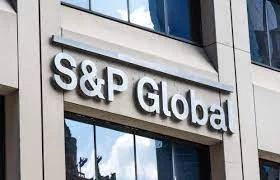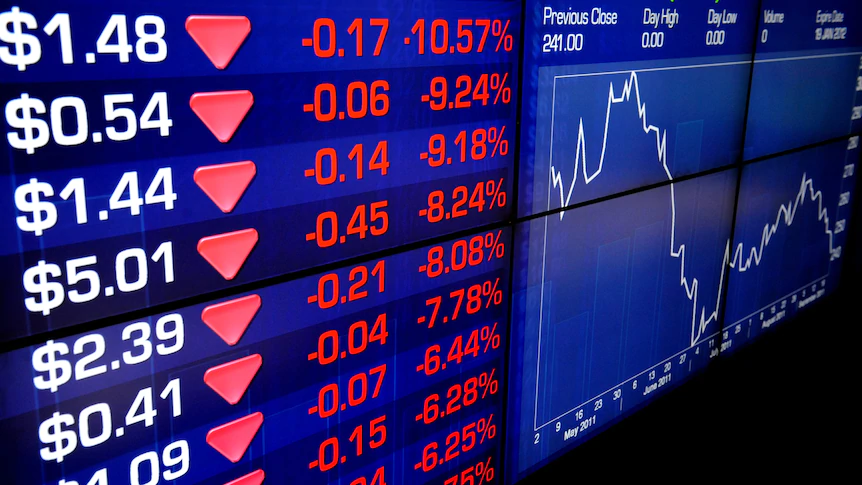S&P Global Ratings Lowers Bangladesh’s Outlook to Negative Amid External Liquidity Concerns
- Shams Ul Zoha
- July 25, 2023
- 2:38 pm
WHAT YOU SHOULD KNOW
- S&P Global Ratings has revised Bangladesh’s long-term rating outlook from stable to negative due to concerns over the country’s external liquidity position.
- Bangladesh’s foreign exchange reserves have decreased significantly, making it difficult to pay for imported fuel, leading to a dollar shortage.
- The negative outlook could potentially impact foreign investment and raise uncertainty for international lenders, necessitating measures to stabilize the economic conditions and manage subsidies and energy imports.

S&P Global Ratings has downgraded Bangladesh’s long-term rating outlook from stable to negative, citing concerns about the country’s external liquidity position and the pressure on foreign exchange reserves. The ratings agency expects the economy to grow between 6% to 6.4% annually in the coming years, but recent data showed a slowdown in GDP growth to 6.03% for the financial year ending June 2023. Bangladesh is facing challenges in paying for imported fuel due to a dollar shortage, and its dollar reserves have significantly decreased since Russia’s invasion of Ukraine, standing at $29.85 billion as of July 19.
Although S&P reaffirmed Bangladesh’s BB- long-term and B short-term sovereign credit ratings, it warned that these ratings could be lowered if external debt or liquidity metrics deteriorate further. The country’s current account receipts need to be boosted, and a failure to do so, along with an increase in the overall current account deficit or inability to significantly raise foreign exchange reserves, may lead to a downward pressure on the rating. Bangladesh needs favorable trade and financial flows to stabilize its external situation in the next 12 months.
The negative ratings outlook reflects the worsening economic conditions in Bangladesh and could have implications for foreign investment, potentially eroding the confidence of international lenders. Khondaker Golam Moazzem, research director at think tank Centre for Policy Dialogue, highlighted the growing risks of uncertainty in repayment and stressed the need for bold actions in subsidy management and energy imports. Measures such as exploring gas for energy needs and adopting renewable energy sources like solar in agriculture could help address weaknesses in the foreign exchange reserve situation and mitigate economic challenges. The country has already secured a $4.7 billion loan from the International Monetary Fund to cope with higher costs of imported fuel and food.
Investing Salary provides free access to quality, truthful news for everyone, believing that information should be equally accessible. We hope that this will enable more people to stay informed about current events, understand their effects, and be motivated to take action.
If you feel that we have helped you get the right market knowledge please consider supporting us through Patreon. Even a single dollar counts.
Related news

Popular













